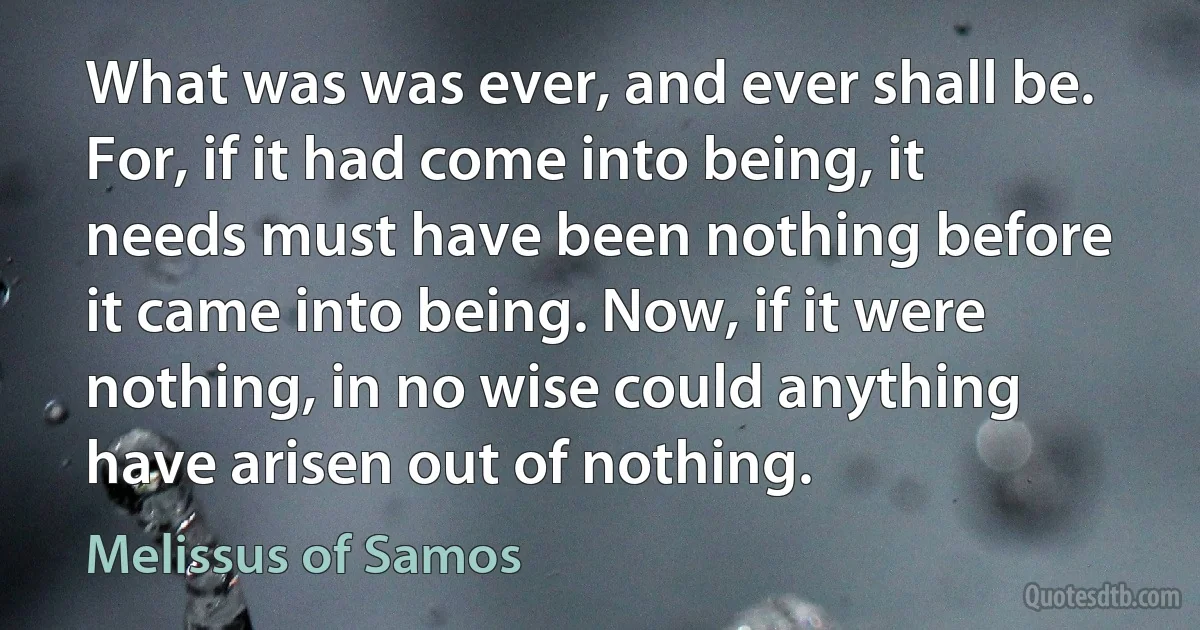Wise Quotes - page 57
Five elements, earth, water, fire, wind, [[ether are in essence the five satis. This the wise know as Ahalya, Draupadi, Kunti, Tara and Mandodari Five virgins...Ahalya personifies water, Draupadi represents fire, Kunti symbolises mother earth, Tara personifies wind and Mandodari ether. Draupadi's personality personifies fire, while Sita (whom she incongruously includes in the group instead of Kunti) is the daughter of the earth.

Kunti
The wise do not sanction a fourth delivery even in a season of distress. The woman having intercourse with four different men is called a Swairini (heanton), while she having intercourse with five becometh a harlot. Therefore, O learned one, as thou art well-acquainted with the scripture on this subject, why dost thou, beguiled by desire of offspring, tell me so in seeming forgetfulness of the ordinance.

Kunti
I belong to the generation of 1968, which, throughout the world, hoped to recast society on the model of the imagination. I have tried to learn from disappointment and defeat, but I have not despaired. "If the fool would persist in his folly," wrote William Blake, "he would become wise."

Roberto Mangabeira Unger
The making of a true Home is really our peculiar and inalienable right; a right which no man can take from us, for a man can no more make a Home than a drone can make a hive. He can build a castle or a palace, but, poor creature! be he wise as Solomon and rich as Croesus, he cannot turn into a Home. No masculine mortal can do that. It is a woman, and only a woman; a woman all by herself if she likes, and without any man to help her, who can turn a House into a Home.

Frances Power Cobbe
The old theory that [the Great Pyramid] was built as a vault or tomb for an Egyptian king is unworthy of credence; for, as we shall see, it required more than the wisdom of the present day, to say nothing of that of Egypt four thousand years ago, to design such a structure. Besides, it contains nothing in the way of a casket, mummy or inscription. It was not until we had come into the time called in Daniel's prophecy "the Time of the End", when knowledge should be increased, and the wise should understand God's plan (Dan. 12:4, 9, 10), that the secrets of the Great Pyramid began to be understood, and our questions began to have a reasonable answer.

Charles Taze Russell
People are people, and all people have emotions and biases, rarely understood: intellectual and emotional behavior don't necessarily have an inverse correlation. Oppenheimer, as superhuman and wise as he was in so many ways, was still a human being. Depending upon the occasion he could be as human (dramatic, overwhelming, megalomaniacal, self-serving, and even downright dishonest, as his arch-rival Edward Teller was accused of being, and was) as most of us. Like most of us, depending upon the circumstances, he could change his personality and alleged beliefs at the drop of a hat.

Samuel T. Cohen
Others are heedless,-do thou be wise, and on this path keep thy tongue silent. The condition laid on such a one is that he should receive all food and drink from the Causer, not from the causes. Go, suffer hardship, if thou wouldst be cherished; and if not, be content with the road to Hell. None ever attained his object without enduring hardship.

Sanai
The search for happiness is natural, because it is the constitutional position of the spirit soul to be eternally joyful. But our search for happiness in the external, physical world is always frustrated; we look everywhere, never realizing permanent pleasure. Temporary, relative pleasure is certainly here to be had, but it is always accompanied by its counterpart: pain. Those who are wise, then, look within, learning how to pursue not only the relative pleasure of this world but, more to the point, they focus on the higher pleasure of the spiritual realm.

Steven J. Rosen
I was born a vegetarian. ... I feel there is no need to cause another living thing pain or harm. There are so many other things we can eat. I have never eaten meat in my life, and I'm 5 foot 10 and not exactly wasting away. A wise man once said, ‘Animals are my friends, and I'm not in the habit of eating my friends.' That is exactly how I feel.

Joss Stone
But, that we may complete what is still wanting, I will give my explanation respecting the men who are esteemed wise. Minos, who has been thought to excel in every kind of wisdom, and mental acuteness, and legislative capacity, lived in the time of Lynceus, who reigned after Danaus in the eleventh generation after Inachus. Lycurgus, who was born long after the taking of Troy, gave laws to the Lacedemonians.

Tatian



